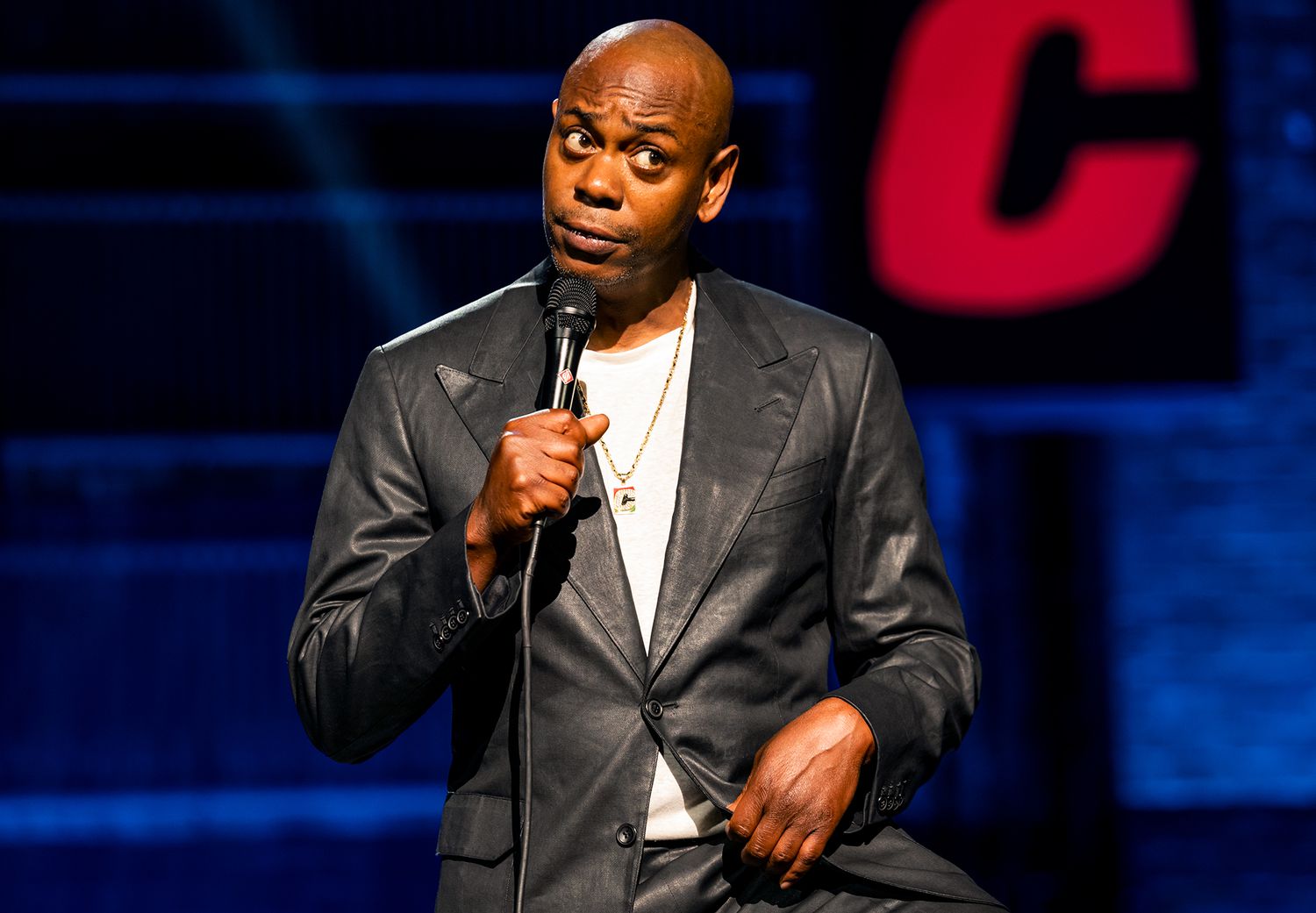You can’t look at Dave Chappelle’s barbs about Jews out of the context of his sustained ridiculing of transgender women and his perception of the LGBTQ+ community as bullies who act like victims. Whatever his intention, many individuals found themselves targeted for their very existence as trans or genderqueer.
Until the backlash and doubling down on the need for these jokes, Chappelle had occupied a kind of untouchable place and, for many, still does. After all, he has always skewered people who think we are the good guys on race but are hopelessly out of touch with the world outside of our bubble. Yet, while he was far from canceled, the pushback against Chappelle stuck and seemed to sting.
His appearance on SNL, whose cast has expanded to include a non-binary cast member, seemed like a chance to at least weave some recognition of the controversy into his monologue. In retrospect, the idea that he would have done that is pretty absurd. It’s not his brand and never has been. Instead, as is now well known, he took the opportunity to spotlight a different high profile debacle, the statements by Kanye West openly calling out “The Jews” and, to a lesser extent, Kyrie Irving linking to a movie based around antisemitic conspiracy theories.
But unlike his open insistence on taking on transgender people, broadly marginalized already, Chappelle deftly and maddeningly danced around direct criticism, illustrating through his own feigned reluctance, that Jews were particularly shielded from reproach, whether joking or serious. And, in doing so, Chappelle laid bare the fear that Jew hatred will leach into the mainstream and at the same time he dared us to respond with our very real organizational power to make public antisemitism unacceptable.
When I read the underbelly of comments and tweets of people who are convinced that Jews pull all the strings in every level of government, media and entertainment, it is hard not to feel resentment for such a prominent voice as Dave Chappelle seeming to echo these ideas. At the same time, when I step back from this always toxic corner of the internet, the fuller picture of what Chappelle is about comes into relief. Chappelle, like every one of us, only knows part of the truth, but unlike the vast majority of us, has not only the talent but the credibility and integrity to make his version of the truth compelling, sharp and impossible to ignore, even when not laugh-out loud funny.
For me, then, I can’t see Chappelle as a hater of Jews or even, as in the case of trans people, unable to accept the legitimacy of our existence. I see Chappelle as someone unwilling to play a game whose rules he finds enforced in the very principles we rely on to make sure we are not treated any worse than anyone else. Ultimately intention, his or ours, no longer matters.
In this, I think of perhaps the least funny person to have a say about humor, and a Jewish person at that: Sigmund Freud. Freud understood a certain kind of joke as being similar to a dream, in that there was no real significance to whether something is good or bad, just the string of signs and symbols. In Freud’s words: “Among those techniques which are common to both wit and dreams, representation through the opposite and the application of absurdity are especially interesting. The essence of irony consists in imparting the very opposite of what one intended to express, but it precludes the anticipated contradiction by indicating through the inflections, concomitant gestures that the speaker himself means to convey the opposite of what he says.”
Great humor touches the unconscious and, like a vivid dream reveals something otherwise inarticulable. Chappelle provides these vivid images and, infuriating as it can be sometimes, the nightmares run side by side with the reveries.

Michael Bernstein, a Rabbi, has served since 2009 as Rabbi of Congregation Gesher L’Torah, a vibrant and dynamic Synagogue community in north Atlanta where each person’s story is embraced and Judaism is personal. He was ordained as a conservative Rabbi at the Jewish Theological Seminary in New York in 1999. He and his wife Tracie have three children, Ayelet, Yaron and Liana.

